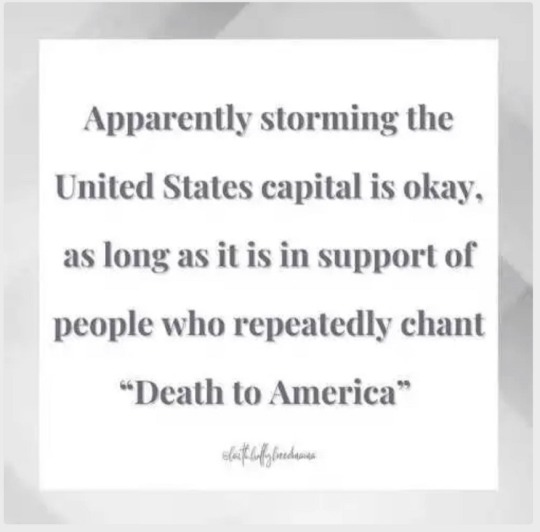
Deep State is attacking our right to elect the President of our choosing
The reason you have not heard of a gag order on par with the one imposed on former President Trump is that it is highly unusual. Normally, in a criminal proceeding, there are no gag orders. To the extent they exist, they typically only bind the lawyers, who are admonished to adhere to the rules of professional conduct. Rarely—as in almost never—are criminal defendants forced into a gag order on such spurious grounds as they might “vilify and implicitly encourage violence against public servants who are simply doing their jobs.”
In fact, precedent almost uniformly emphasizes familiar First Amendment principles, which limit the court’s authority, including disfavor towards “prior restraints” and “content-based restrictions” on speech.
In a case involving the prosecution of a congressman, the Sixth Circuit federal court of appeals noted that “such broadly based restrictions on speech in connection with litigation are seldom, if ever, justified. Trial judges, the government, the lawyers and the public must tolerate robust and at times acrimonious or even silly public debate about litigation.”
The Sixth Circuit emphasized that criminal defendants are already very much disadvantaged vis a vis the government, and that any court restrictions must accommodate this asymmetry. “A criminal defendant awaiting trial in a controversial case has the full power of the government arrayed against him and the full spotlight of media attention focused upon him. The defendant’s interest in replying to the charges and to the associated adverse publicity, thus, is at a peak. So is the public’s interest in the proper functioning of the judicial machinery.”
Other circuits follow a less restrictive rule, but even those emphasize the need for any such orders to be narrowly tailored to accomplish a substantial government interest.
Courts typically have broad powers to enforce discipline in their courtrooms and over lawyers, but preemptively stifling a defendant from “making statements targeting prosecutors, possible witnesses and court staff” has a very broad reach. After all, isn’t every member of Congress, every January 6 defendant, and every single person Trump spoke to about the 2020 election a potential witness?
Since part of Trump’s presidential campaign rests on the view that the 2020 election was rigged, how can he effectively run for president in 2024 under this type of restriction?
The D.C. Jury Pool Starts Off Very Biased
The gag order also is very unlikely to be effective in achieving its stated purpose. The judge suggests a fair trial is possible, but that, without the gag order, Trump will influence the process and potentially poison the views of the jury pool.
A bit of a reality check is in order.
Trump is the former American president, who lived in the White House for four years. Everyone in Washington D.C. has an opinion about the former president, as he is a controversial and larger-than-life character. That said, he is more unpopular in D.C. than in any voting district in the country; in 2020, the District achieved an election result worthy of Stalin: 93% for Joe Biden. The only likely impact of Trump’s intemperate speech would be to further prejudice Washington D.C. jurors against him, as his “mean tweets” and general tone seem to be part of why the government class hates him so.
The special prosecutor picked this jurisdiction for a reason. It is practically a “rotten borough” when it comes to politically charged prosecutions of Republicans. This is why the small number of January 6 defendants who went to trial in Washington D.C. have...


























